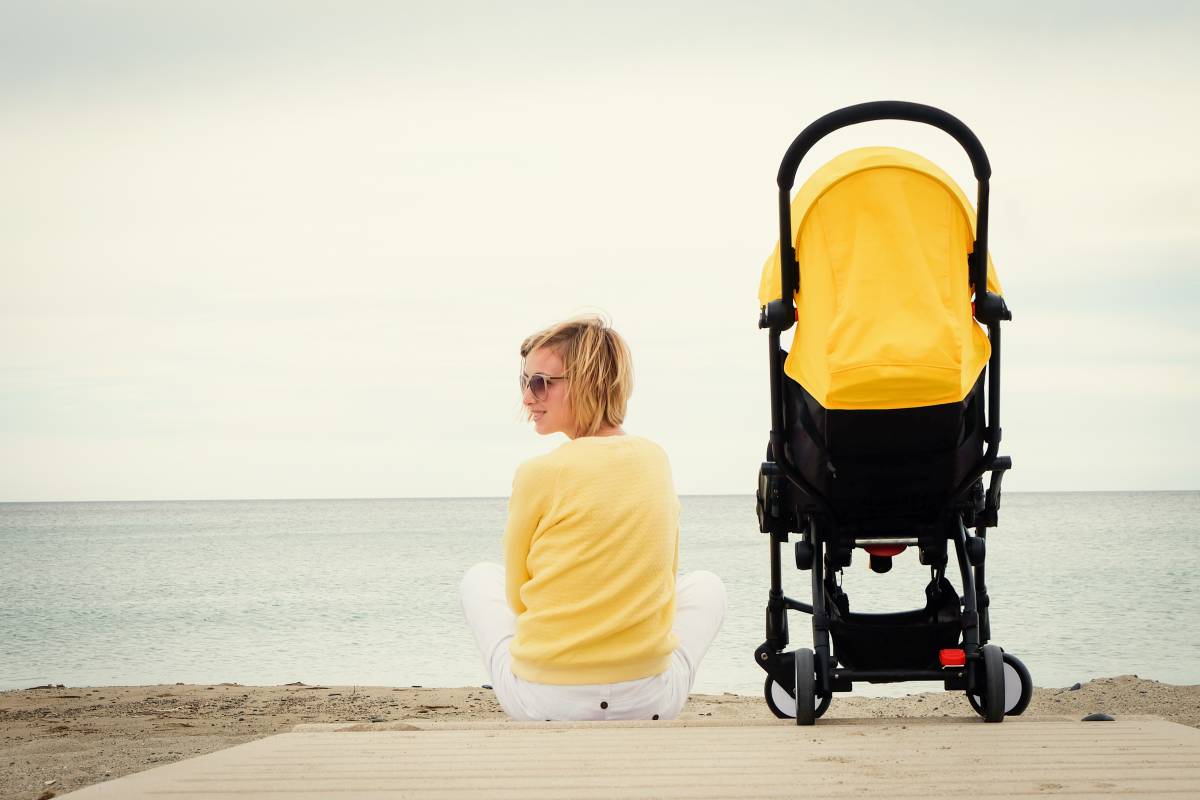NHS England's pelvic health initiative will see physiotherapists supporting women in 14 areas
Physiotherapists will soon be signing up to work in a network of specialist women’s NHS pelvic health clinics covering 14 parts of England, NHS England announced earlier this week (13 June).
The pioneering clinics will run on a trial basis for three years, with the ultimate aim of making them available to every woman in England by March 2024.

As well as teaching women how to exercise their pelvic floor muscles correctly, physiotherapists will give advice on diet and fluid intake, and help women monitor their progress. They will also play their part in supporting and training other clinicians, such as GPs and midwives, in the clinic’s catchment areas.
According to NHS England, one woman in three experiences urinary incontinence during the year after giving birth, while up to three in four of them report having ongoing problems during the 12 years after giving birth.
A further one in 10 reports having faecal incontinence and another one in 12 will have a pelvic organ prolapse.
Setting up the clinics is one pillar of a wider bid – set out in the NHS Long Term Plan – to improve the prevention, identification and treatment of pelvic floor dysfunction, so that fewer women experience long-term issues.
Up to 175,000 women in the following areas could benefit from the additional support every year
- Birmingham and Solihull
- Bristol, north Somerset, south Gloucestershire
- Cornwall and the Isles of Scilly
- Dorset
- Frimley
- Herefordshire and Worcestershire
- Hertfordshire and West Essex
- Lancashire and South Cumbria
- Norfolk and Waveney
- North west London
- Shrewsbury, Telford and Wrekin
- South east London
- Suffolk and north east Essex
- Sussex
Banishing the 'shame'
Bringing together experts in pelvic health will offer women a way of seeking help quickly and easily, as well as sending the message that postnatal incontinence is nothing to be ashamed of and can be treated [Jacqueline Dunkley-Bent]
Jacqueline Dunkley-Bent, NHS England’s chief midwifery officer, said: ‘We know many women don’t report issues with incontinence because they are embarrassed about seeking help. Bringing together experts in pelvic health in one place will offer women a way of seeking help quickly and easily, as well as sending the message that postnatal incontinence is nothing to be ashamed of and can be treated.'
Professor Dunkley-Bent added: ‘We all have a duty to share evidence-based messages – including that incontinence products are, primarily, a temporary support, and women with incontinence should seek medical support.
‘We must make sure that these messages are reinforced wherever possible, and not contradicted.’
The following response from the Pelvic Obstetric and Gynaecological Physiotherapy (POGP) professional network was added on 30 June 2021
Responding to NHS England's announcement, Kate Lough, POGP chair, said: ‘The increase of the provision for pelvic health physiotherapy within postnatal care is well received by POGP. These additional resources will increase the number of pelvic health physiotherapists in the NHS and it is hoped that this might extend across the UK.'
Some caution voiced
Ms Lough voiced a note of caution, however. 'POGP recognises that postnatal care is only one of the areas of pelvic health physiotherapy needed by women with pelvic floor dysfunction across their lifetime. Additional resource and research is still needed to optimise access to physiotherapy for men, women and children with pelvic floor dysfunction beyond postnatal provision.
She added: ‘Postnatal care is an underfunded area of medicine and these additional resources will support women to access timely medical care. Bladder, bowel and vaginal symptoms can be significantly distressing for women in the postnatal period and these services will improve care at this challenging time.’
For more information, see: https://www.england.nhs.uk/2021/06/nhs-pelvic-health-clinics-to-help-tens-of-thousands-women-across-the-country/
The POGP professional network is affiliated to the Chartered Society of Physiotherapy. For more information, visit: https://pogp.csp.org.uk
Author: Ian A McMillan
Share it with















